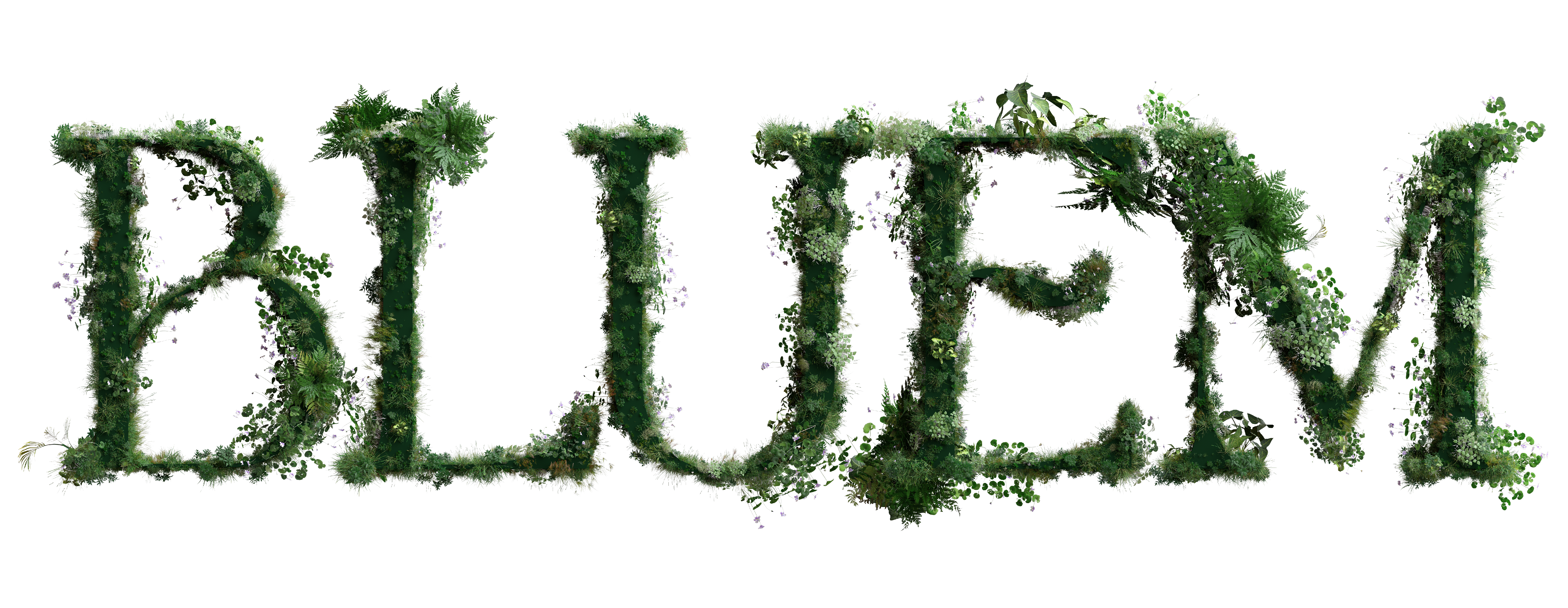

INBLUEM

Queensland, Australia
August 2023
Personal care products
Wholesale/Retail
Australia
Bluem is a brand built on a philosophy of clean beauty, transparency and integrity. They draw from ancient wisdom and traditional practices to present a beauty line that encourages self love and true sustainability. Their mission is deeply personal, yet profound: to rewild the beauty industry, embracing the understanding that true science is guided by nature's wisdom. From seed to skin, Bluem has worked to minimise their impact on our planet by only using pure, potent and locally sourced ingredients while tracing the supply chain to ensure ethical and sustainable harvest practices are emphasised throughout their entire product line. Beyond sustainable sourcing, Bluem believes in investing in the well-being of individuals, promoting education, healthcare, and overall wellness. With every purchase, Bluem invites you on a transformative journey, contributing to a brighter future and a legacy of positive change. Bluem isn’t just redefining beauty, they are creating a legacy of positive change for generations to come.
Overall B Impact Score
Governance 17.9
Governance evaluates a company's overall mission, engagement around its social/environmental impact, ethics, and transparency. This section also evaluates the ability of a company to protect their mission and formally consider stakeholders in decision making through their corporate structure (e.g. benefit corporation) or corporate governing documents.
What is this? A company with an Impact Business Model is intentionally designed to create a specific positive outcome for one of its stakeholders - such as workers, community, environment, or customers.
Workers 24.9
Workers evaluates a company’s contributions to its employees’ financial security, health & safety, wellness, career development, and engagement & satisfaction. In addition, this section recognizes business models designed to benefit workers, such as companies that are at least 40% owned by non-executive employees and those that have workforce development programs to support individuals with barriers to employment.
Community 25.9
Community evaluates a company’s engagement with and impact on the communities in which it operates, hires from, and sources from. Topics include diversity, equity & inclusion, economic impact, civic engagement, charitable giving, and supply chain management. In addition, this section recognizes business models that are designed to address specific community-oriented problems, such as poverty alleviation through fair trade sourcing or distribution via microenterprises, producer cooperative models, locally focused economic development, and formal charitable giving commitments.
Environment 20.4
Environment evaluates a company’s overall environmental management practices as well as its impact on the air, climate, water, land, and biodiversity. This includes the direct impact of a company’s operations and, when applicable its supply chain and distribution channels. This section also recognizes companies with environmentally innovative production processes and those that sell products or services that have a positive environmental impact. Some examples might include products and services that create renewable energy, reduce consumption or waste, conserve land or wildlife, provide less toxic alternatives to the market, or educate people about environmental problems.
Customers 5.0
Customers evaluates a company’s stewardship of its customers through the quality of its products and services, ethical marketing, data privacy and security, and feedback channels. In addition, this section recognizes products or services that are designed to address a particular social problem for or through its customers, such as health or educational products, arts & media products, serving underserved customers/clients, and services that improve the social impact of other businesses or organizations.